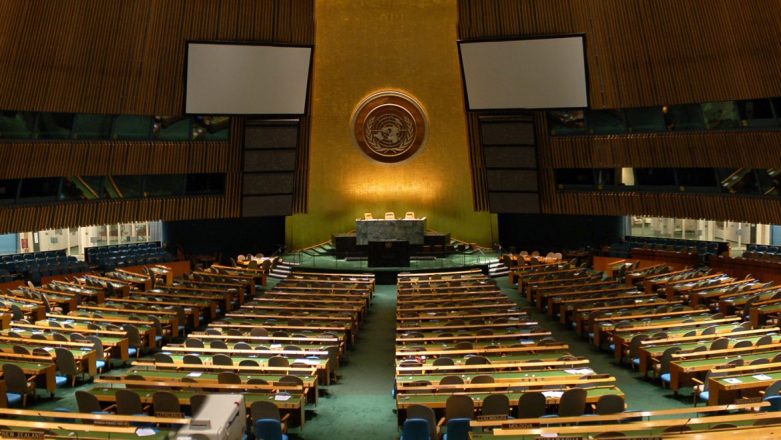
The use of proxy means-tests in social protection defies human rights and makes no economic sense, so nations must instead investigate options for implementing an inclusive social protection floor, writes Dr Michael Cichon.
Paragraph 25 of the UDHR states “Everyone has… the right to security in the event of unemployment, sickness, disability, widowhood, old age or other lack of livelihood in circumstances beyond his control”. The right to an adequate standard of living is personal, individual and real. It is not a proxy. Logically, possible benefit amounts and thus income assessments cannot depend on regressions.
Those who promote proxy means tests as a means to determine the income should all know that in any regression there is a cloud of data points around the regression line. The cloud of dots around the line are representing individuals in a sample or a population who in their entirety constitute exclusion or inclusion errors. The dots where income is overestimated by the PMT represent candidates for exclusion errors. Development Pathways points to evidence that exclusion errors can amount to 50%. The World Bank rather vaguely refers to inclusion and exclusion errors of roughly 30-40% [see WB reference]. Whatever the correct figure maybe, nobody disagrees that there are – inevitably and systematically – people who are excluded from benefits even though they need help.
There are, therefore, theoretically only two ways to avoid disrespecting individual rights. One is through perfect, non-stigmatising, fair and individual income assessments and a corresponding social assistance scheme which fills protection gaps accordingly. The other option is universal or categorical universal benefits.
The latest version of the Social Protection Floor Index of the Global Coalition for the Social Protection Floor shows that 127 of 150 countries in the sample could close their Social Protection Floor level protection gaps by investing less than 6% of GDP. 100 countries can close the protection gaps by investing less than 3% of GDP. The simple global average is in the order of 4.2% (data taken from a forthcoming FES paper). The index assumes perfect targeting. One can conservatively assume that an “as close-to-perfect as possible individual means-test” increases the cost by about one third due to administrative and delivery cost. A recent ADB study shows that closing the gaps by a combination of flat rate benefits for children and elderly and employment guarantee scheme for people in active age would in addition to a properly functioning national public service health care scheme might increase the cost by about 75%. For the 100 countries with SPF gaps of under 3% this would mean that the average difference (between universal and means-tested schemes) would be less than 1.5% of GDP. If proper income tax systems were in place up to one third of that cost difference could be “clawed back”.

The difference in cost is hardly worth the administrative effort and the stigma of means-testing. For the 26 countries with and SPF gap between 3 and 6% of GDP some interim – and societally negotiated – prioritising of benefits and protection measures or lowering of benefits levels (in the calculations assumed to be equal to relative national poverty lines) may be needed. The 12 or so countries with protection gaps of over 10% of their GDPs simply need substantial international support.
Whether societies want to target fairly or rather provide universal benefits is largely a question of values and politics. In most developing countries perfect fair targeting may be difficult and categorical universal benefits may be a lot easier to implement. In any case, the job of the IMF and the WB should be to help countries find the fiscal space for the financing of all benefits that are needed to live up to the UDHR and by implication enable them to meet the SDGs. After all, what can be more important than investing in people? This – more often than not – implies solid investments in national capacities to increase tax revenue. Social protection has its price. Most good things have.
National social protection expenditures will not be markedly diminished by using questionable rationing methods. Promoting rationing techniques that accept huge exclusion errors by construct, like PMTs, is a straightforward contravention of Human Rights, which are rights of individuals, not rights of budget consolidators. They are technically questionable, politically cynical and a moral disgrace.



